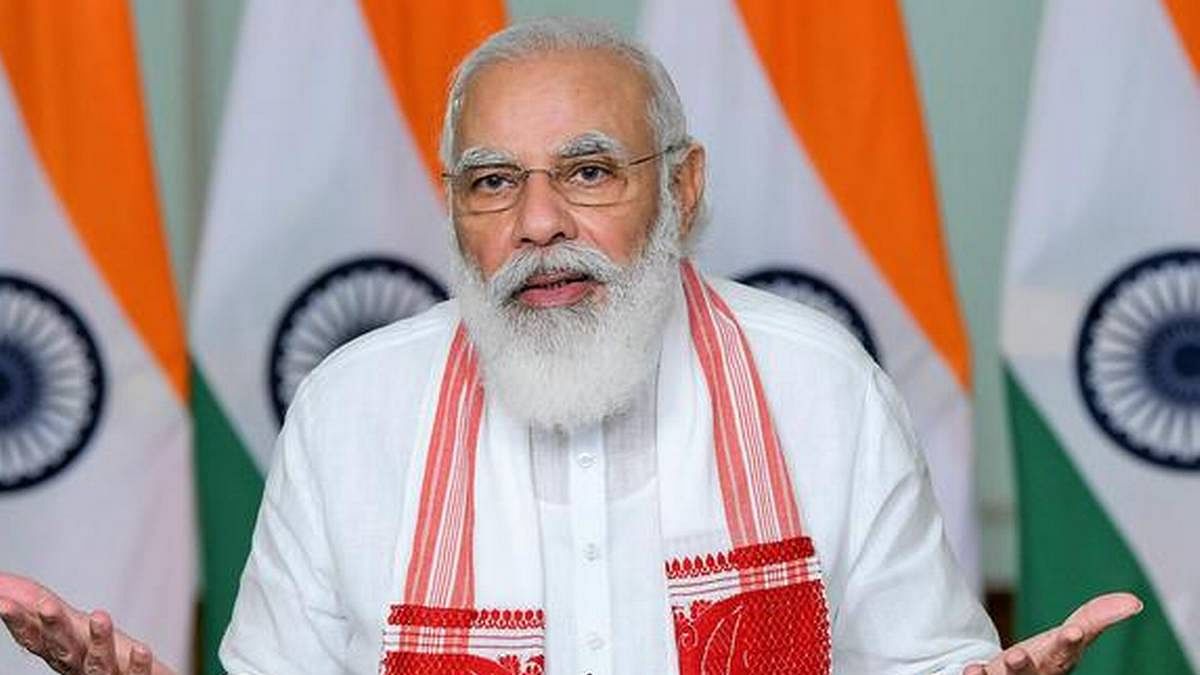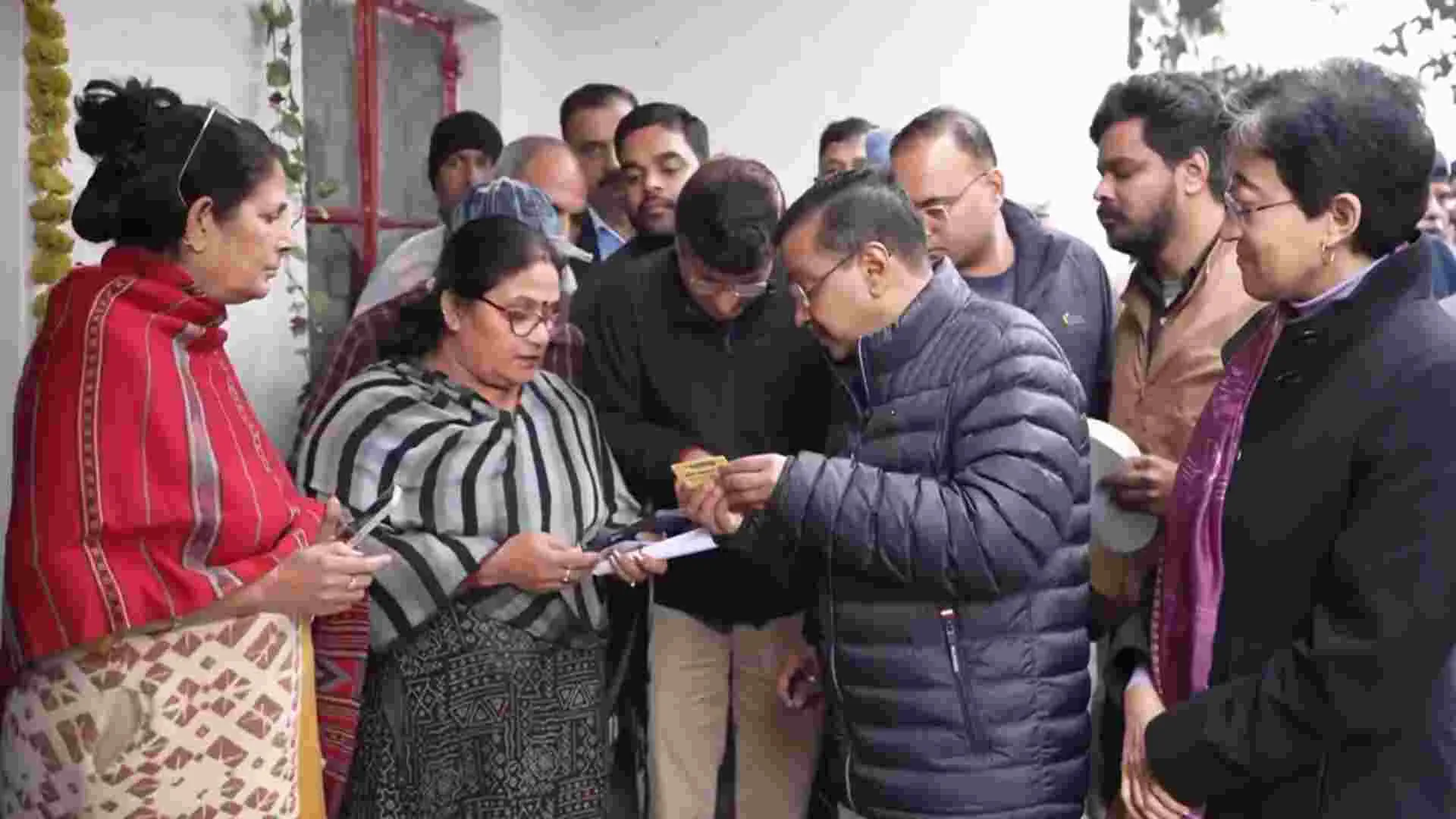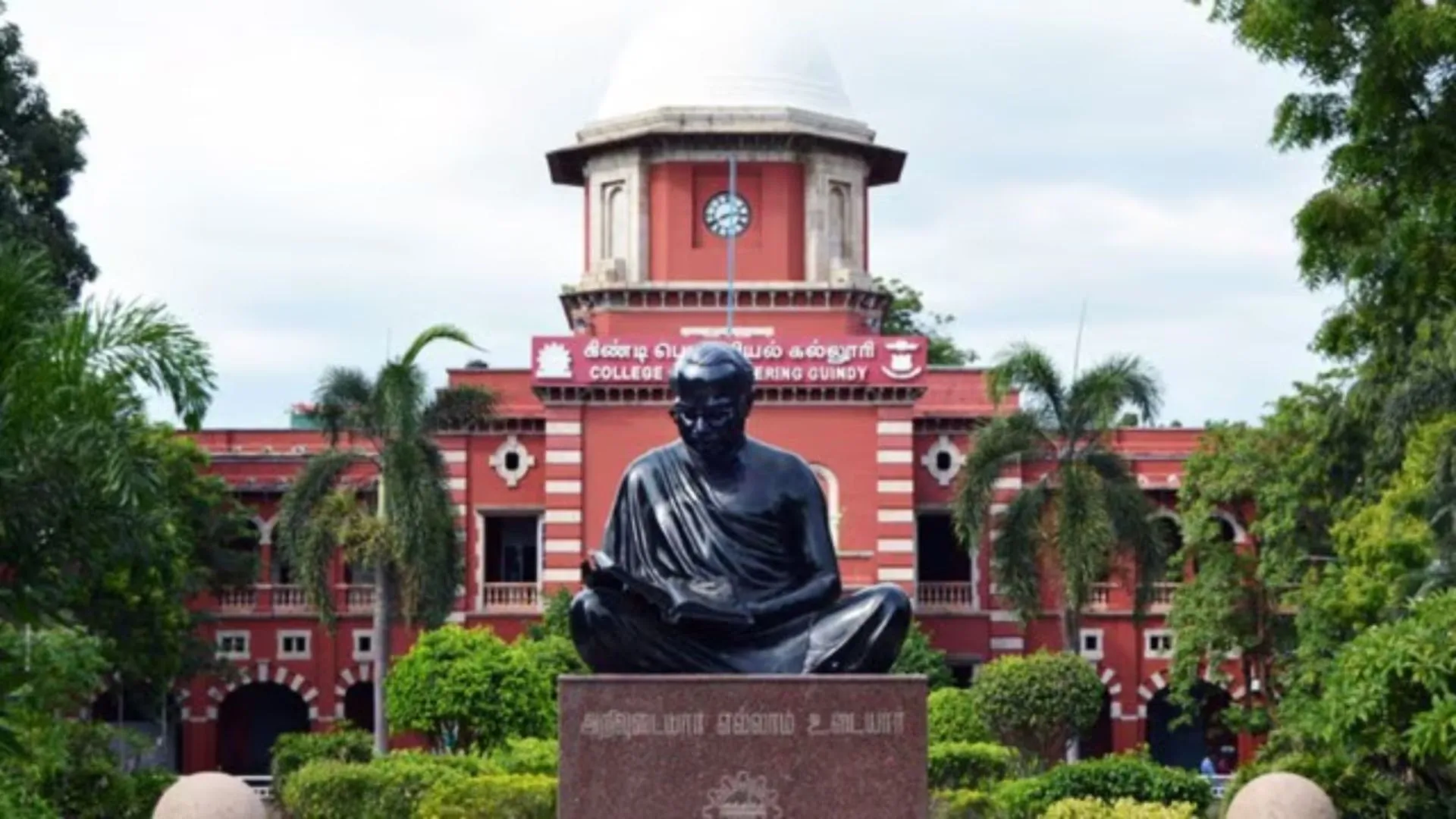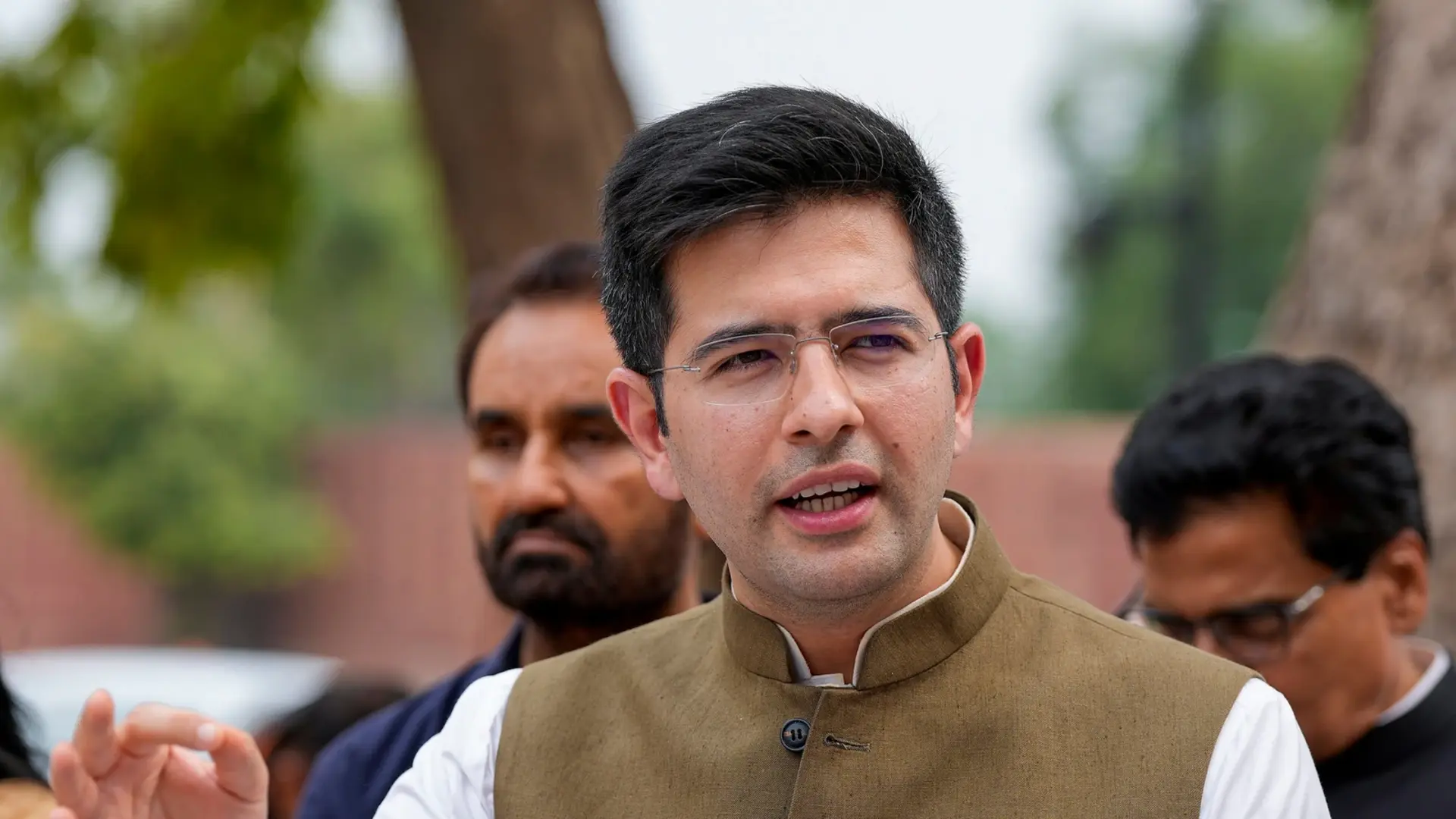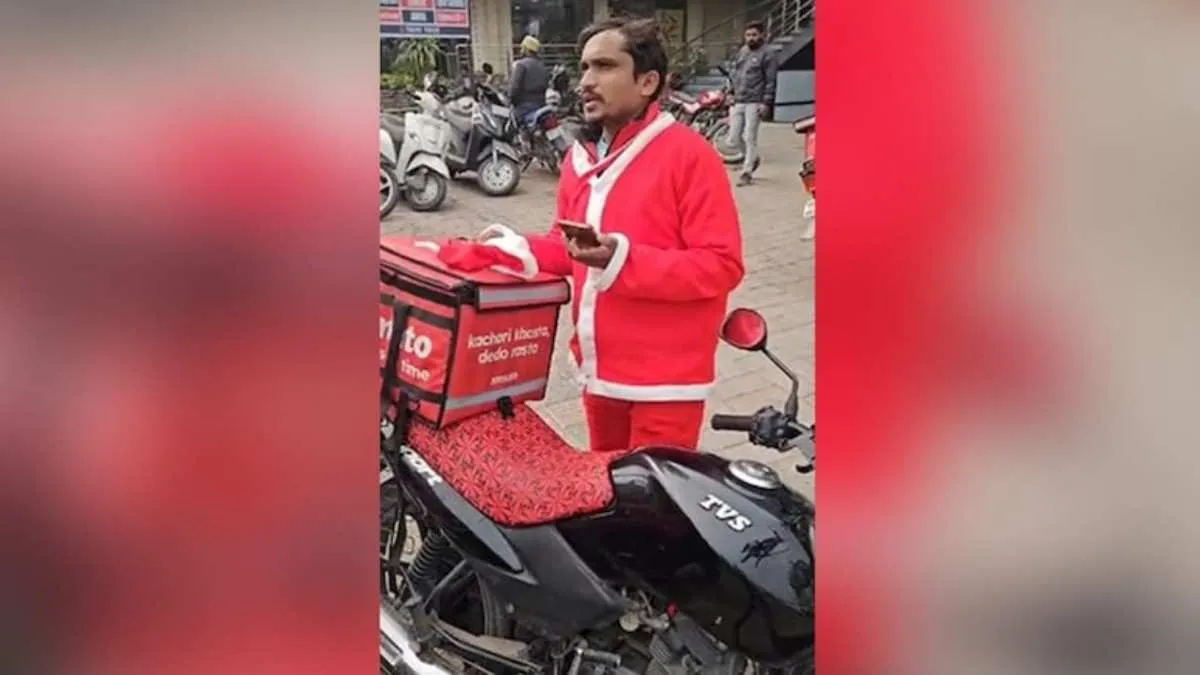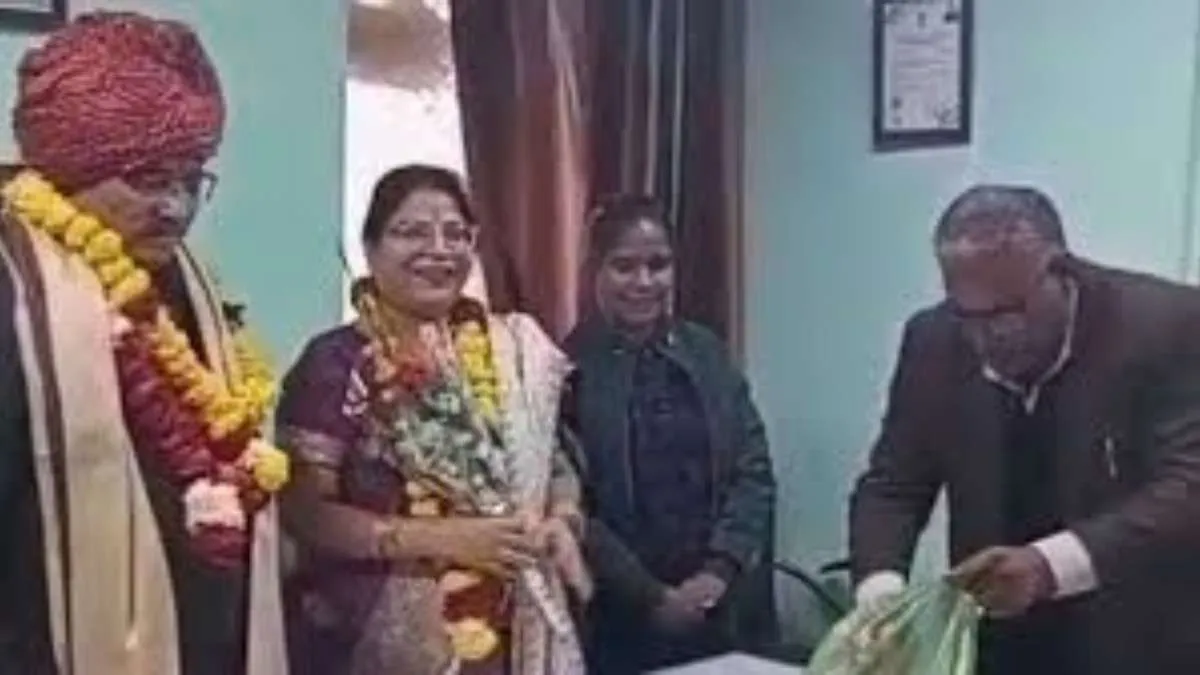Amid India’s second Covid-19 wave, a question which is being asked often is if the state elections and political rallies could have been avoided. The hard fact is that under the Representation of People’s Act,1951, elections to State Assemblies due for expiration can indeed be postponed, but only for six months. That too, if only there is a national emergency. However, had the Modi government declared a full-fledged political lockdown, banning the Assembly elections for six months, the entire Lutyens’ cabal would have been up in arms, calling a Covid-induced halt on elections an upturning of democracy. What about virtual rallies instead of mammoth physical gatherings, some are asking? Well, reportedly, the Election Commission had suggested virtual rallies but the proposal was struck down by a debilitated Opposition that felt that virtual rallies would give the BJP an added electoral advantage due to its massive social media presence. Also, under Article 326 of the Indian Constitution, the decision to hold elections and the modalities thereof are vested with the Election Commission, an autonomous body which has nothing to do with the BJP whatsoever. Hence, for opposition leaders like Rahul Gandhi and Mamata Banerjee to question the need for physical political rallies is nothing short of unfettered hypocrisy.
Of late, a false narrative is also being peddled by a vanquished Opposition, leftist academicians and self-styled experts. According to it, the Modi government has not done enough to stem the rising second wave of Covid, which is again an absolutely baseless allegation. Russia’s Sputnik V vaccine, with efficacy of 91.6%, and to be manufactured in India by Dr. Reddy’s Laboratories, is the third Covid vaccine approved in India after Covaxin and Covishield. More Covid vaccines such as Novavax, Zydus Cadila’s vaccine and Bharat Biotech’s intranasal vaccine are also likely to receive the Modi government’s nod soon to ensure adequate supply for India’s mega vaccination drive, amid the surge in cases. Till April 15, 2021, 832 million doses had been administered globally, at an average of over 18.6 million doses per day, across 152 countries, with the USA administering 195 million doses at an average of 3.35 million doses per day. India, with over 117 million doses, has the highest vaccination rate globally, at over 4 million doses per day. While it took India only 85 days to vaccinate 100 million people, it took the USA 89 days and China102 days, to vaccinate the same number of people. Hence, allegations that the pace of inoculation is slow in India are also completely unfounded.
The issue at this stage is not a supply side one, but a governance-centric one. Eight out of the ten high-risk zones reporting the highest number of daily cases are from Maharashtra, Delhi and Chhattisgarh. Maharashtra has had the unique distinction of wasting 5 lakh vaccine doses due to improper planning by the inept state dispensation. Maharashtra, with an average weekly positivity rate of 24.7%, Delhi with 20%, and Chhattisgarh with a positivity rate of over 30.63%, account for well over 50% of India’s active caseload and over 50% of overall nationwide mortalities. To conveniently blame the Modi government for inadequate supplies when the problem is actually that of inadequate management by some of the Opposition-ruled states reeks of an irresponsible attitude. For instance, despite adequate supplies of Remdesivir being made available by the Central Government and a ban on its export, the thriving black market for the drug in Maharashtra has led to its prices skyrocketing, with a vial costing as high as Rs 50,000, despite the official price being between Rs 900 and Rs 3,500.
Another glaring example of gross mismanagement is seen in Punjab. On February 3, 2021, Punjab had only 2,122 active cases. Two months later, that number exceeded 28,250. In fact, with a weekly positivity rate of over 13.8%, Chandigarh, like Maharashtra, is a textbook case of how shoddy governance can cause irreparable damage. Chhattisgarh, another Congress-led state, even refused to use Covaxin, despite it being given Emergency Use Authorization (EUA) by DCGI, thereby promoting fear and vaccine hesitancy among its people. It is pertinent to note here that despite having a population that is half the size of Gujarat, Chhattisgarh has witnessed more Covid mortalities than Gujarat. Similarly, West Bengal has half the population of Uttar Pradesh, but has seen a higher number of Covid deaths. Unfortunately, large swathes of the biased, leftist media in India are unwilling to call out the incompetence of either Uddhav Thackeray, Amarinder Singh or Bhupesh Baghel. Let the truth be told—the BJP-governed states have done a far superior job than non-BJP-ruled states in handling and tackling Covid-19.
Another false narrative is the one surrounding the Prime Minister’s Citizen Assistance and Relief in Emergency Situations (PM-CARES) Fund that was launched in 2020. The Ministry of Corporate Affairs had clarified that any company’s contributions to the PM-CARES Fund, over and above the minimum prescribed corporate social responsibility (CSR) expenditure, could be offset against that company’s CSR obligations of subsequent years. Further, any contribution made to the PM-CARES Fund before March 31, 2020 qualified for 80G exemption under the Income Tax Act, 1961 (I-T Act). For contributions made, with effect from April 1, 2020, all those companies that have chosen to stay within the old tax structure would be eligible for this benefit. Further, the government has stated that the PM-CARES Fund will be audited by one or more qualified independent auditors who will be appointed by the trustees. Hence, claims from opposition leaders like Sonia Gandhi and Mamata Banerjee that this fund lacks transparency are simply for fearmongering and creating unnecessary confusion in the minds of people when they are rallying strongly behind PM Modi as he leads both India and the world in the biggest fight in 103 years—the fight against the Chinese Wuhan virus.
But was PM-CARES needed when we already had PMNRF, some have been asking? The simple answer to that is, the PMNRF was initially established as a deemed trust to assist displaced persons from Pakistan through public contributions by Jawaharlal Nehru. Assistance from PMNRF, besides dealing with natural calamities, is also rendered to partially defray the expenses for medical treatment like heart surgeries, kidney transplantation, cancer treatment, acid attacks, etc. However, with the launch of Ayushman Bharat, the biggest healthcare scheme globally, such needs that were earlier looked after by PMNRF have now been minimised. Also, PMNRF, which always had the Congress president as one of its key trustees, still has many remnants of the decrepit Nehruvian ideology associated with it. On the other hand, PM-CARES, set up as a public charitable trust, is an emergency fund that is entirely dedicated to the fight against Covid, and to that extent, has a very specific, targeted approach, which is the need of the hour. It is bereft of any dynastic or “high command” style culture, typical of the Congress. It is completely within the bounds of the law, transparent, and additionally, it will not have the overarching hand of or interference from the Congress, whose track record, in any case, in the past six decades of governance, has been rather dubious, opaque and abysmal.
In effect, India’s vaccine roll-out is not only the largest in the world but also the most affordable, with no compromises whatsoever on any standard operating procedures (SoPs). The PM-CARES Fund will bear the entire cost of the first phase, which will inoculate 30 million or 3 crore frontline Covid workers. Earlier, in June 2020, over Rs 2000 crore was allocated from this fund for the supply of 50,000 ‘Made in India’ ventilators to government-run Covid hospitals in all states and UTs. Out of the 50,000 ventilators, 30,000 were manufactured by Bharat Electronics Limited, yet again showcasing India’s indigenous manufacturing prowess. While a jaded, directionless and clueless Rahul Gandhi keeps taking needless jibes at the Modi government, the fact of the matter is that for over six decades India just had 47,000 ventilators, whereas in one go, in June 2020, the Modi government made available 50,000 ventilators to ensure no life is lost for want of life-saving equipment.
Prime Minister Narendra Modi’s food security scheme for the needy, called the Pradhan Mantri Garib Kalyan Anna Yojana (PMGKAY), provided free ration to 81 crore or 810 million people, every single month for nine months in a row, during the pandemic. Effectively, this means that a population 2.5 times the size of the USA was fed every single month for months together, showcasing the Modi government’s generous, welfarist and people-centric approach. Of late, comparisons between India and Brazil have been abound, which is like comparing apples and oranges. The entire population of Brazil, at 21 crore, is equal to just one state in India, Uttar Pradesh which also has a population of 210 million. However, while Uttar Pradesh, with a population density of 828 persons per square kilometre, has reported about 9,500 deaths, Brazil, with a population density of barely 25 persons per square kilometre, has reported over 3.65 lakh deaths.
To rein in Covid, super spreader events also need to be controlled. The hue and cry over the Kumbh Mela, without showing any outrage over the massive religious congregations outside mosques in Mumbai, Delhi and Hyderabad during Ramadan, is sheer hypocrisy. We need to shed our selective outrage to overcome this pandemic. While out-of-work Bollywood starlets are sharing old pictures of the Kumbh at Prayagraj in 2019, there was not even a tiny squeak from them last year, when the Tablighi Jamaat members ran amok, spitting into food and thrashing doctors and nurses.
Coming to universal vaccination, it is neither practical nor desirable for a country like India, which has 1.38 billion people and a population density of 455 persons per square kilometre. A vaccine is not some kind of a life jacket that can prevent a person from getting infected. However, it certainly reduces the severity of the infection and helps in breaking the transmission chain. It is therefore important to inoculate vulnerable age groups first. Quacks fail to realise that the vaccine has to be given at this stage to those who need it, not necessarily to all those who want it. Not everyone who wants the vaccine needs it!
India is set to inoculate 300 million people within July this year, which is akin to vaccinating almost the whole of the US or equal to vaccinating the combined populations of Germany, the United Kingdom, Italy and France, and in record time! India, with a population over four times that of the USA, has a case fatality rate (CFR) of just 1.25%, the lowest globally, which is noteworthy. In sharp contrast, the US, with a population density of just 36 people per square kilometre, has reported a staggering 31.5 million coronavirus cases and over 5.65 lakh deaths.
India under Prime Minister Narendra Modi has led a frontal, global attack against the Wuhan virus, exporting over 60 million doses to 85 countries via the Gavi alliance. Those arguing that India should not have exported those vaccines should remember that on humanitarian grounds, a global pandemic deserves a collective effort on an international scale, and that is precisely what the Modi government deftly and rightfully engaged in via “vaccine maitri”. Don’t we help neighbouring countries during earthquakes, cyclones or floods? So, why should assistance provided during a debilitating pandemic be viewed any differently? Moreover, most of the exports had been committed to much before the vaccine roll-out, as part of bilateral agreements between India’s vaccine manufacturers and the Gavi alliance. Gavi is a public-private partnership that provides about 50% of the world’s children with vaccines.
In the final analysis, having a calibrated approach is the right thing at this stage. India’s mega vaccination drive is centred around “Education, Emergency Response and Enforcement”. While Prime Minister Narendra Modi’s commendable war against Covid has been indefatigable and unrelenting, states need to be equally responsible stakeholders now. Remember, health is a state subject and while policymaking and procuring and distributing the vaccine are things that the Central Government has graciously decided to take charge of, enforcing Covid protocols and administering the vaccine without wastage is a localised issue which state governments have to be responsible for. India is a union of states, not a confederation of states. What this implies is that states have adequate powers at their disposal. Clearly, the Modi government is doing more than its fair share. Should the states not chip in too? For instance, is it fair on the part of Chhattisgarh or Maharashtra to indulge in criminal lethargy, leaving hapless citizens at the mercy of a negligent and insensitive regime, with the respective Chief Ministers having lost the plot completely? Is it not moral turpitude on the part of the mainstream media to always look for reasons to take jibes at the Central Government, but conveniently looking the other way and not question Arvind Kejriwal?
At a time when Delhiites need beds and oxygen, why is Chief Minister Kejriwal busy spending hundreds of crores on futile advertisements that jump at you every few minutes from television screens? To cut to the chase, Prime Minister Modi has done an outstanding job and will continue to relentlessly fight back against Covid, but other stakeholders need to wake up and smell the coffee too!
The author is an economist, national spokesperson for the BJP and the bestselling author of ‘Truth & Dare: The Modi Dynamic’. The views expressed are personal.

